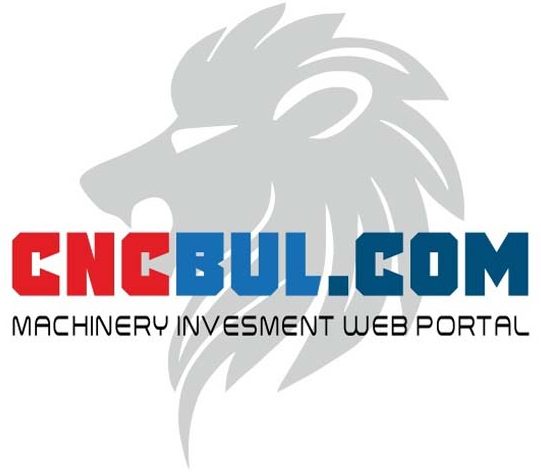What is the state of the CNC Machine Tools Machinery sector in the UK?
The state of the CNC Machine Tools Machinery sector in the UK is influenced by a combination of historical strength in manufacturing, current market dynamics, technological advancements, and the broader economic context. Here’s a detailed look into the sector:
Historical Context
The UK has a rich industrial heritage, with manufacturing playing a pivotal role in its economy. The CNC (Computer Numerical Control) machine tools sector has been an integral part of this, providing advanced machinery essential for precision engineering and manufacturing.
Market Overview
- Market Size and Growth:
- The UK CNC machine tools market is a significant part of the broader manufacturing technology sector.
- While the market has seen fluctuations due to economic cycles, it has been generally growing, driven by the demand for advanced manufacturing capabilities and precision engineering.
- Key Players:
- The sector comprises a mix of domestic manufacturers and international companies. Major UK-based players include Yamazaki Mazak UK, Renishaw, and Heller Machine Tools.
- Additionally, many European, American, and Asian companies have a strong presence in the UK market.
Technological Advancements
- Automation and Industry 4.0:
- The integration of automation, IoT (Internet of Things), and AI (Artificial Intelligence) into CNC machine tools is transforming the sector.
- Industry 4.0 practices are being adopted, enabling smarter factories with real-time data analytics, predictive maintenance, and enhanced operational efficiency.
- Hybrid Manufacturing:
- The development of hybrid manufacturing technologies, combining additive (3D printing) and subtractive (CNC machining) processes, is gaining traction.
- This approach offers flexibility and efficiency, allowing for complex geometries and rapid prototyping.
Economic and Policy Factors
- Brexit:
- The UK’s exit from the European Union has had mixed impacts on the sector. On one hand, it has created uncertainties around trade and supply chains; on the other hand, it has encouraged some domestic investment and reshoring of manufacturing.
- Government Initiatives:
- The UK government has been supporting the manufacturing sector through various initiatives, such as the “Made Smarter” program, which aims to boost the adoption of digital technologies in manufacturing.
- Financial incentives, grants, and tax reliefs are also available to support investments in advanced manufacturing technologies.
Demand Drivers
- Aerospace and Automotive Industries:
- The UK’s aerospace and automotive industries are major consumers of CNC machine tools. High precision and quality standards in these industries drive demand for advanced CNC machinery.
- However, these industries are also subject to cyclical demand and disruptions (e.g., the impact of the COVID-19 pandemic on the automotive sector).
- Medical Devices and Precision Engineering:
- The medical device industry, which requires high precision and reliability, is a growing market for CNC machine tools.
- Precision engineering applications in various sectors, including defense and electronics, also contribute to demand.
Challenges and Opportunities
- Skills Shortage:
- There is a notable skills shortage in the UK manufacturing sector, particularly in advanced CNC machining and digital technologies.
- Efforts to address this include apprenticeships, vocational training programs, and partnerships between industry and educational institutions.
- Supply Chain Disruptions:
- Global supply chain disruptions, partly exacerbated by geopolitical tensions and the COVID-19 pandemic, have impacted the availability of components and raw materials.
- Companies are increasingly looking to diversify their supply chains and invest in local manufacturing capabilities.
Future Outlook
- Sustainability and Green Manufacturing:
- There is a growing emphasis on sustainable manufacturing practices, driven by regulatory pressures and corporate responsibility initiatives.
- CNC machine tools are evolving to be more energy-efficient and capable of supporting sustainable manufacturing processes.
- Digital Transformation:
- Continued investment in digital technologies will be crucial for the sector’s growth. This includes advancements in software for design and simulation, as well as enhanced connectivity and automation.
- International Trade and Export:
- The UK’s CNC machine tools sector has strong export potential, particularly to markets in Europe, North America, and Asia.
- Navigating post-Brexit trade arrangements and forging new trade agreements will be important for expanding international market reach.
In summary, the CNC Machine Tools Machinery sector in the UK is characterized by a blend of traditional manufacturing strength and modern technological advancements. While facing challenges such as skills shortages and supply chain issues, the sector is well-positioned for growth, supported by government initiatives, industry innovation, and increasing demand from high-precision industries.

